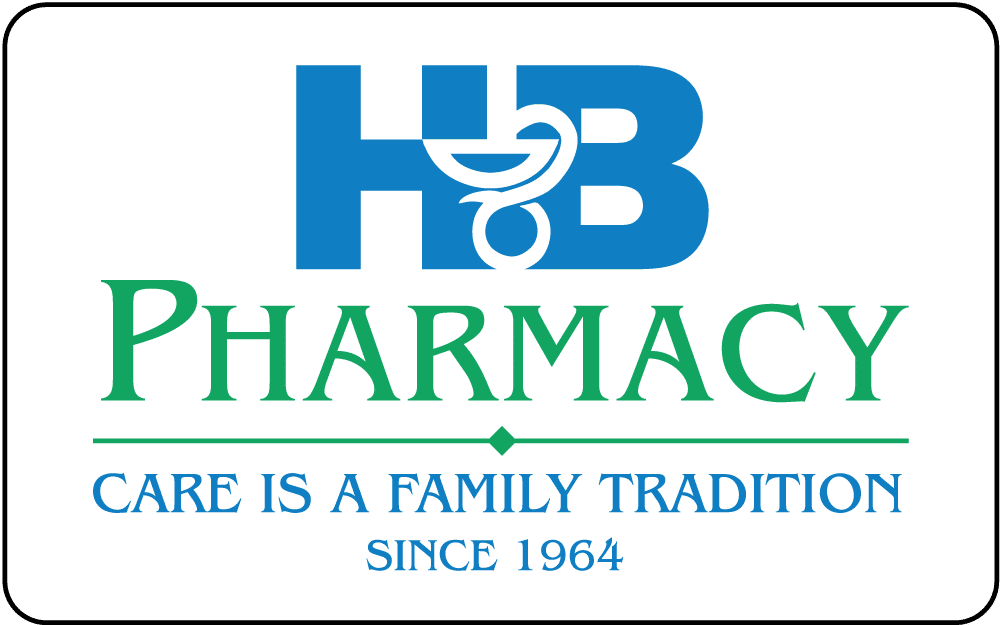Medications play a vital role in treating and managing various health conditions. However, ensuring medication safety is paramount to prevent adverse effects, interactions, and errors. Whether you’re starting a new medication regimen or have been taking medications for a while, following best practices can significantly enhance your well-being. In this blog, we’ll discuss essential guidelines and precautions for medication safety that can help you maintain your health and minimize potential risks.
Communication with Healthcare Providers:
Maintaining open and honest communication with your healthcare providers is crucial for medication safety. Here are some key practices to follow:
- Provide comprehensive medical history: Inform your healthcare provider about any existing medical conditions, allergies, or previous adverse reactions to medications. This information will help them prescribe the most suitable medications for you.
- Discuss all medications: Inform your healthcare provider about all the medications you are currently taking, including prescription drugs, over-the-counter medications, vitamins, and supplements. This will help identify any potential interactions or duplications.
- Ask questions: Seek clarity about your medications, including their purpose, potential side effects, dosage instructions, and any necessary precautions. Understanding your treatment plan will empower you to make informed decisions and manage your medications effectively.
Adherence to Medication Instructions:
To optimize the effectiveness of your medications and reduce risks, it’s essential to adhere to the prescribed instructions:
- Follow dosage instructions: Take your medications as prescribed by your healthcare provider. Maintain consistency in timing and dosage to achieve the desired therapeutic effect.
- Be aware of food and beverage interactions: Some medications may interact with specific foods or beverages, diminishing their effectiveness or causing adverse reactions. Consult your healthcare provider or pharmacist to determine if any dietary restrictions are necessary while taking your medications.
- Do not alter prescriptions: Do not modify the dosage or stop taking medications without consulting your healthcare provider. Abruptly discontinuing certain medications can have adverse consequences and may require a gradual tapering process.
Proper Storage and Disposal:
Storing and disposing of medications correctly is essential for maintaining their potency and preventing accidental ingestion:
- Follow storage instructions: Read the medication labels and follow the recommended storage conditions, such as temperature and humidity requirements. Improper storage can compromise the efficacy of the medication.
- Keep out of reach of children and pets: Store medications in a secure place to prevent accidental ingestion. Child-resistant packaging can be helpful, but it should never replace responsible storage practices.
- Dispose of expired or unused medications: Regularly check your medicine cabinet for expired or unused medications. Safely dispose of them according to local guidelines. Many pharmacies and community organizations offer safe medication disposal programs.
Medication Management Tools:
Utilizing various tools can simplify medication management and help prevent errors:
- Pill organizers: Pill organizers can help you sort and organize your medications by day and time, reducing the risk of missed doses or accidental double-dosing.
- Medication reminders: Set alarms or use smartphone apps to remind you to take your medications on time. These reminders can be especially beneficial if you have a complex medication regimen.
- Medication list: Maintain an up-to-date list of all your medications, including the name, dosage, frequency, and prescribing healthcare provider. Keep a copy in your wallet or purse for easy access during medical appointments or emergencies.
Prioritizing medication safety is crucial for optimizing the benefits of your treatment and minimizing potential risks. By fostering open communication with healthcare providers, adhering to medication instructions, practicing proper storage and disposal, and utilizing medication management tools, you can enhance your well-being and ensure a safe and effective medication regimen.
